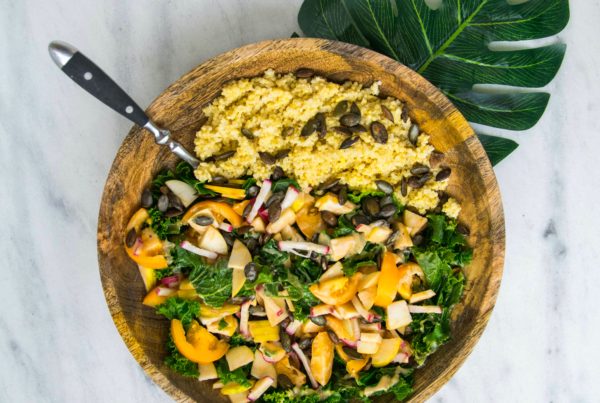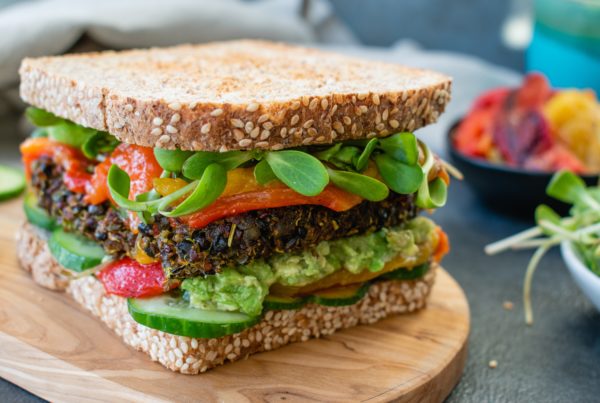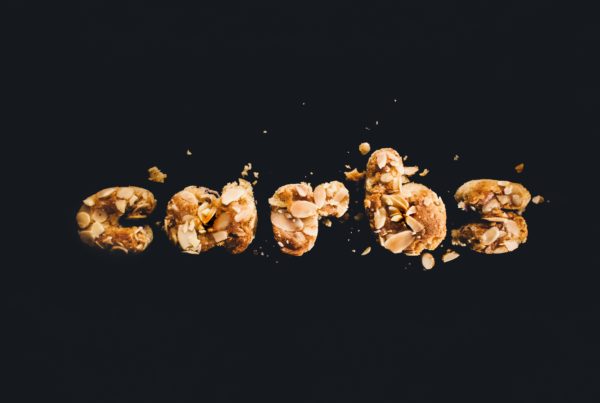Did you know September 26th this year is Better Breakfast Day? Many people agree with the importance of breakfast, yet many people skip breakfast for various reasons, such as time restriction, limited cooking skills, financial concerns, and so on. However, as mentioned in our previous blog post, “don’t skip your breakfast”, the quantity and quality of breakfast play a significant role in our health, and undesirable consequences could be caused by the absence of breakfast. This blog post will provide you with some quick and nutritious breakfast ideas.
The “ideal breakfast” should include foods balanced in both macro- and micronutrients, such as whole grains, low-fat milk products or, milk alternatives, fruits, and provides 20% to 35% of daily calories.
Whole Grains:
Most ready-to-eat and cooked whole grain cereals in North America are fortified with vitamins and minerals and serve as a good source of fiber. Make sure to check the nutrition label on the cereal packages and choose the ones with less added sugar, a higher amount of fiber and diverse vitamins and minerals. Whole grain toasts spread with peanut butter or avocado are also delicious and nutritious choices. A variety of nutritious whole grain overnight oatmeal with fruits and seeds have become more popular these days. Overnight oatmeal, as the name suggests, can be prepared the night before, and when portioned into individual containers they are a tasty and easy on-the-go breakfast. Homemade and store-bought granola bars are convenient and nutritious options as well. Consuming whole grains provides various health benefits, including a lower risk of hypertension, type 2 diabetes, and being overweight.
Low-Fat Dairy & Alternatives:
Breakfast is a great opportunity to consume more low-fat and fat-free milk, yogurt, and milk alternatives. Combining dairy or dairy alternatives with whole-grain cereal is a quick and nutritious breakfast option. Throwing a variety of seeds, nuts, fresh or dried fruit into your dairy could also add more flavour and nutrients. Dairy foods are the primary source of calcium, vitamin D, potassium, magnesium, phosphorus, and protein in North Americans’ diets. Having two cups (500 mL) of milk or milk alternatives every day to ensure adequate vitamin D intake.
Eggs:
Eggs are a source of high-quality protein. Eggs could bring diversity to your breakfast as they could be cooked in many ways including boiled, scrambled, poached, sunny-side up, just to name a few. Scrambling eggs with some veggies such as carrots, spinach, peppers, green beans, corns could also be a delicious and nutritious option for breakfast.
To sum up, when preparing for breakfast, take the above suggestions into consideration, aim for a balanced diet, and have fun with it!



